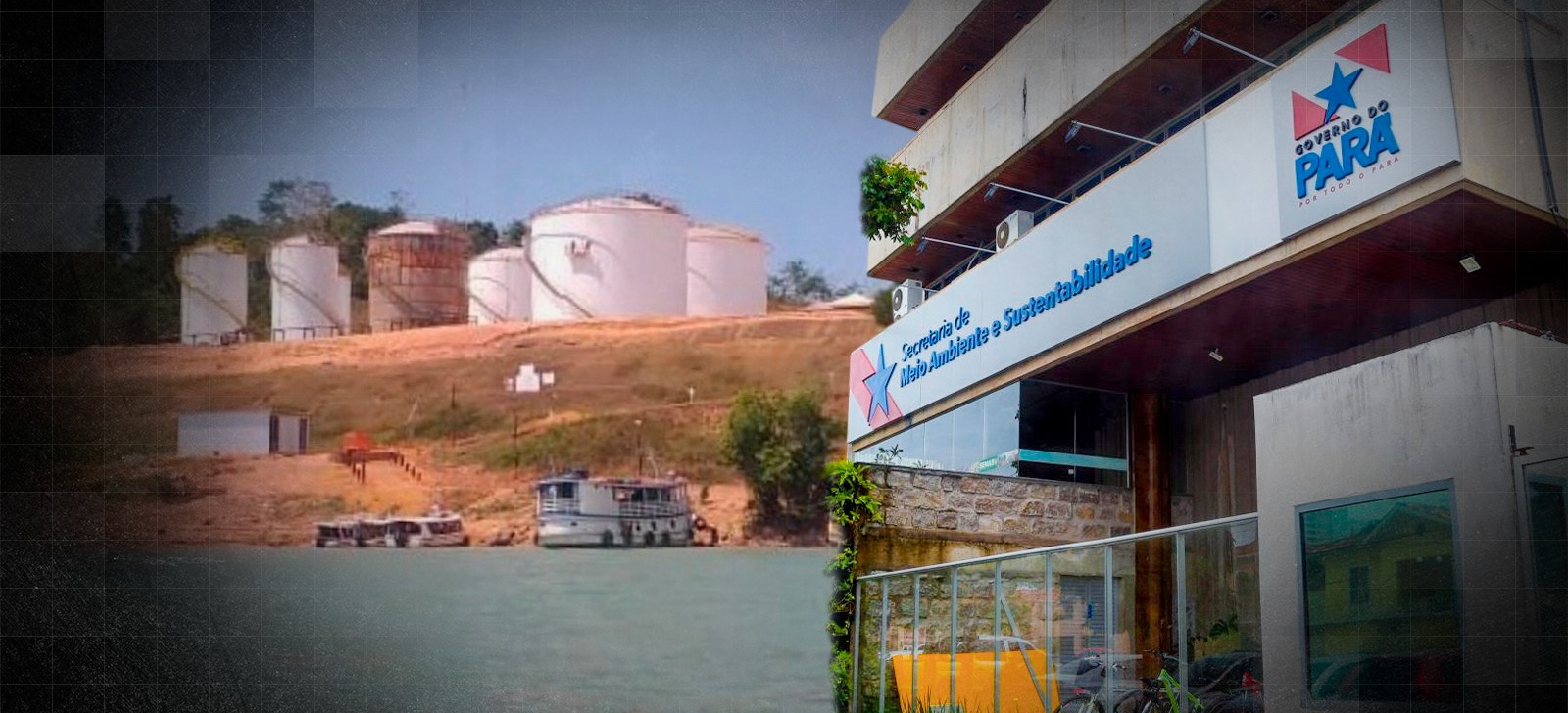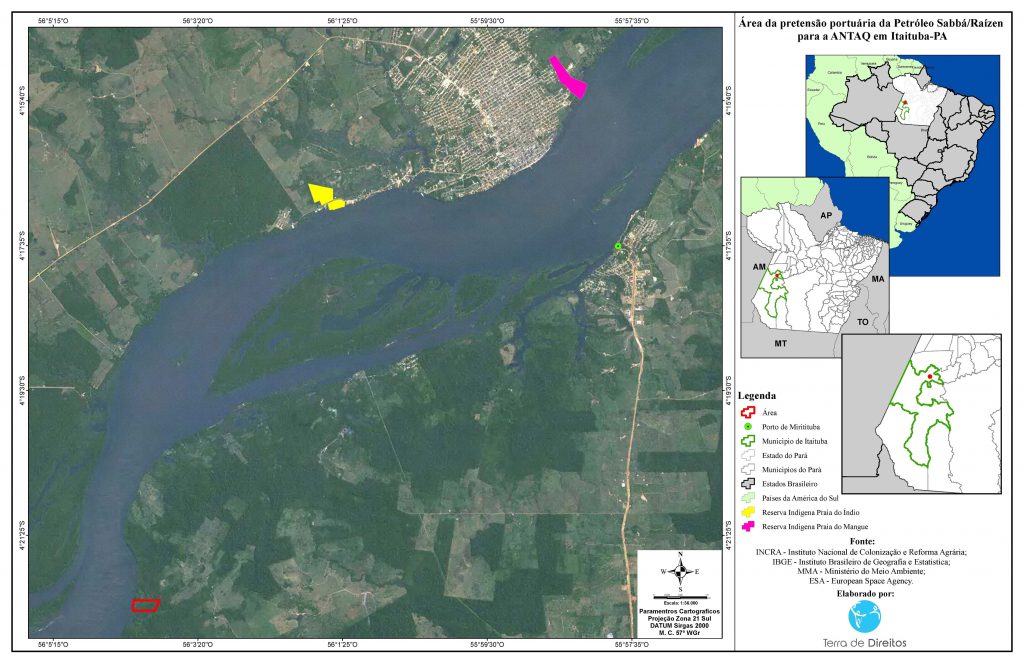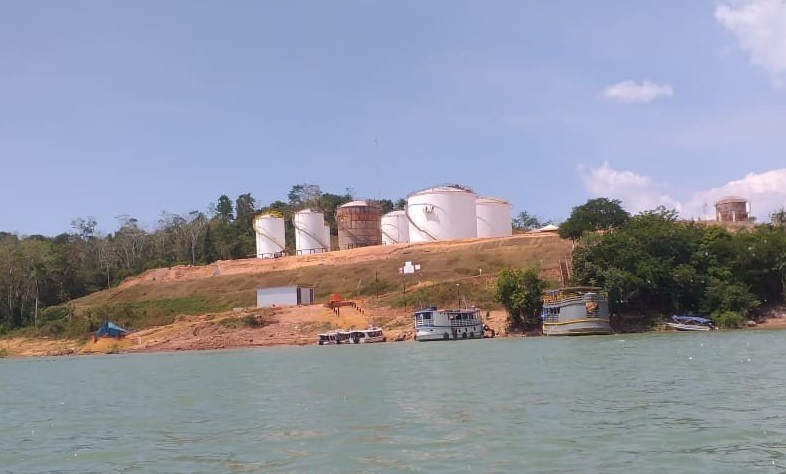Justice suspends operations of port operating without license in COP30 host state
06 de May de 2025

By Fabyo Cruz – From Cenarium
BELÉM (PA) – The Federal Court ordered the immediate suspension of the activities of a fuel port operated by the company Petróleo Sabbá on the Tapajós River, in Itaituba, western Pará. The court ruling points to negligence by the State Secretariat for Environment and Sustainability (Semas), according to the Federal Public Prosecutor’s Office (MPF), especially concerning the environmental licensing process of the facility.
The ruling meets a lawsuit filed by the MPF itself, which sued both the company and the State of Pará, through Semas. According to the Federal Public Prosecutor’s Office, the terminal was operating without the required Preliminary License and without the Environmental Impact Study and Environmental Impact Report (EIA/RIMA), which are constitutional and legal requirements for projects of this nature.
The court considered that Semas failed by issuing and renewing operating licenses without reassessing the type of activity, which had been changed from a land-based Fuel Transporter-Retailer-Reseller (TRR) to a fluvial port structure installed over the riverbed. The licenses granted were considered mere extensions, without proper analysis of the environmental risks associated with fluvial operations.
In addition to nullifying the licenses issued, the court ruling prohibited Semas from issuing new authorizations for the terminal until the EIA/RIMA, the Indigenous Component Study, and the Free, Prior and Informed Consultation (FPIC) with affected Indigenous communities are conducted — as required by ILO Convention No. 169, ratified by Brazil.

The case also highlighted failures by the department to consider the sociocultural impacts of the activity. The area where the port was installed is near the Praia do Índio Village, of the Munduruku people. The National Foundation for Indigenous Peoples (Funai) expressed support for the MPF, emphasizing that geographical distance does not eliminate the requirement for consultation with traditional communities.

The court stressed that Semas’ actions violated the precautionary principle, which is fundamental in environmental policy, by neglecting the risks of a fuel project on a sensitive Amazonian water body like the Tapajós River.
Petróleo Sabbá was ordered to remove, within 120 days, all structures installed over the riverbed — including piers, platforms, and pipelines — unless it presents new environmental licensing in accordance with the law.
CENARIUM requested a statement from Semas on the matter and awaits a response.

